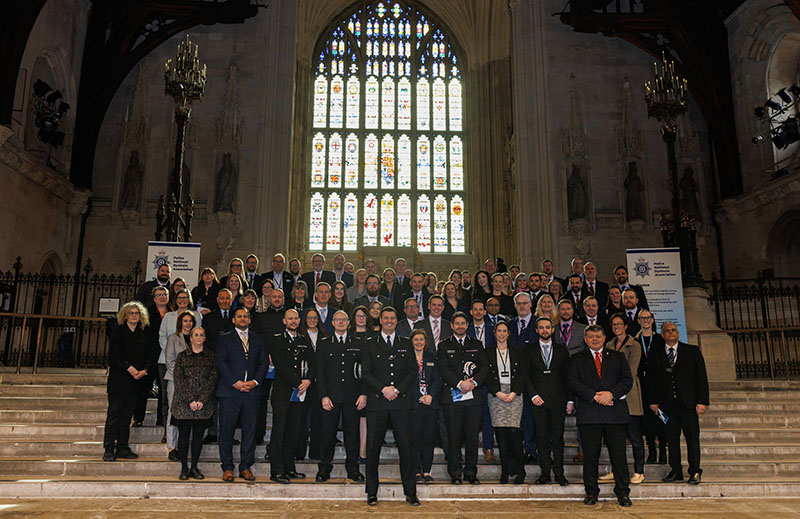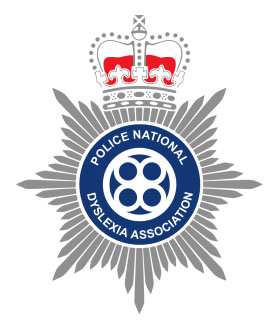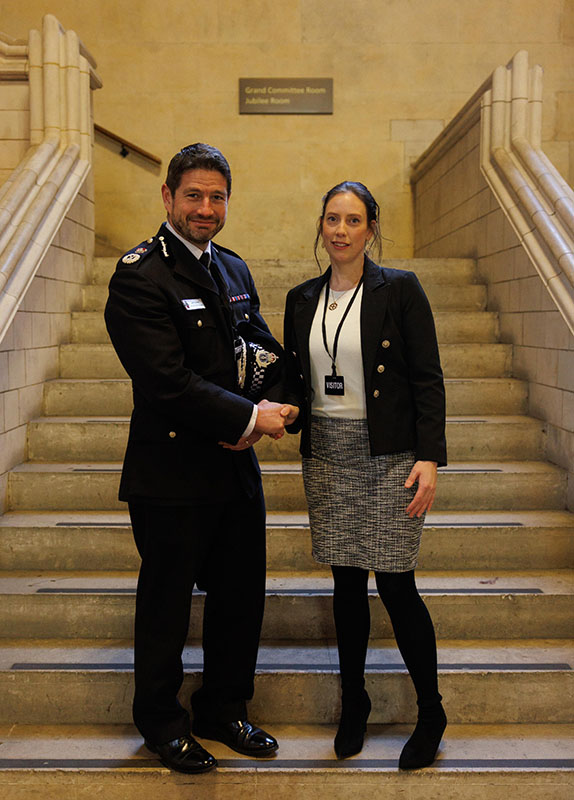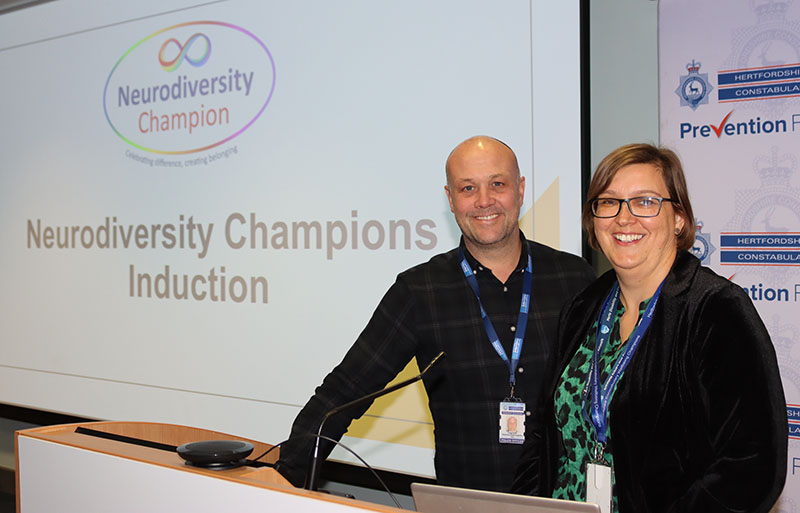The College of Policing has released an update to the Competency and Values Framework (CVF), the document describing the behaviours required for recruitment, assessment and development across the UK police service.
The CVF is typically used as a basis for designing police recruitment, promotion and selection processes. The 2024 update replaces the previous version released in 2016.
The new version of the CVF explicitly references neurodiversity and disability, and acknowledges that assessment processes should allow candidates of all abilities to demonstrate their strengths:
The CVF should be used in ways which allow for differing abilities, including those which stem from disabilities or neurodiversity. If your organisation is using the CVF as part of an assessment, the assessment should allow for different expression of the competencies and, where appropriate, allow candidates to demonstrate strengths in different areas. Reasonable adjustments should be provided for those who need them under the Equality Act (2010).
If you have a disability under the Equality Act 2010, you can ask for reasonable adjustments to the assessment to enable you to fully demonstrate your abilities. If you have a diagnostic report or professional workplace assessment, this will be helpful to the assessment team to ensure you’re given the right adjustments.
The updated CVF also states that competencies and values under assessment should be clearly signposted. This eliminates a potential source of ambiguity which has been found to adversely impact on ND candidates.
Click on the links to go to the College of Policing CVF webpage and to download a PDF copy of the 2024 CVF Guidance. (The wording above can be found on pages 10-11.) ∎





